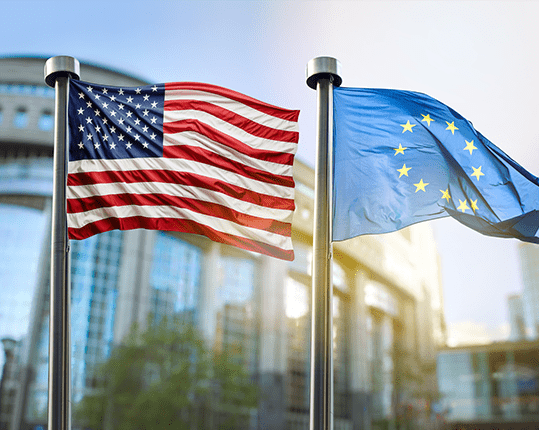

Understanding EU VAT Numbers: A Prerequisite for eCommerce Success in Europe

When discussing European VAT, it typically refers to VAT applied to cross-border transactions. The EU operates a unified VAT system, emphasizing optional but highly recommended OSS/IOSS schemes. These schemes facilitate centralized filing for all cross-border transactions, particularly benefiting ecommerce businesses. To access OSS, VAT registration in at least one EU member state is required.
An EU VAT number is crucial for online sellers for two main reasons:




Since Brexit, the UK is no longer part of the EU VAT system. This means new UK sellers may need to register for VAT in the EU under certain circumstances:


Obtaining an EU VAT number involves the following steps:



No, US companies are not required to have an EU VAT number, unless they keep stock in an EU country. However, even if they’re fulfilling stock from abroad, US companies can greatly benefit from having an EU VAT number.
When a US seller sells to an EU customer, VAT is applied upon import into the EU. The manner in which this VAT is handled depends on whether the US seller is registered for VAT in the EU:
